The most trusted form of criticism for consumers on the internet is now the consumer review. Hailed as SEO gold by Google, these reviews are popping up all over the joint due to rich snippets, which I will explain in my next post in more detail.
In fact, 63% of consumers now buy products not based on the review, but on the rating. Which is scary news for us self-publishers.
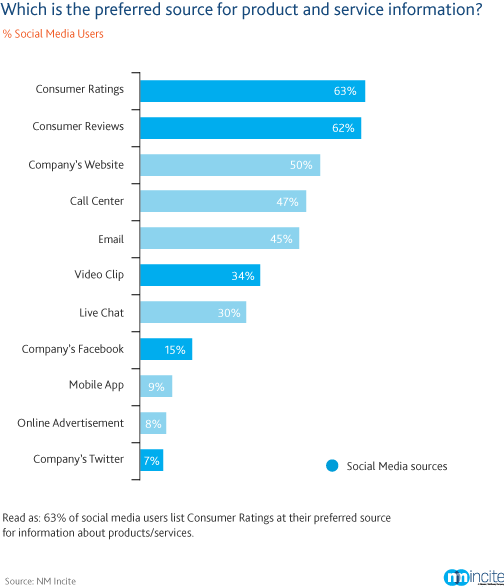
However, I am thinking Amazon, Google, Goodreads, Kindleboards and all the rest of them need to be reviewing their reviewers. With one-star reviews being added to books due to causes such as “not getting the story” and “not liking the ending” it’s costing self-published authors their reputation before they begin. I have seen reviews based on the formatting (see my post on why this is incredibly unfair) and personal vendettas, even people just being confused by the story because they are not understanding the material.
I have been a victim of this one-star stupidity. On publication of my book The Bull and The Ban, a book which is simply an observation of the bullfighting scene and the politics behind the ban in part of Spain, I have a one-star review from a woman who never read the book and is an animal activist.
“All I can think is that the author needed some money and so convinced herself to produce this ghastly film which, thanks to its controversy, should sell quite well.”
Despite her not even having read the book, she has managed to bring my 5 star rating down to 4 stars. This means a great deal of indie book sites will now not include my book in their free lists or advertising lists of the day. If this idiot had actually read my book she would have learned that my subject is the fact that bullfighting is cruel and on a par with the meat industry, and has nothing to do with the celebration of bullfighting but the political situation in Europe.
Plus my film is not out so how could she even know what it’s like? The film contains strong interviews with animal activists and footage which highlights animal misery. She had it all wrong. Apart from the money thing.
So I contacted Amazon. The reply was simple. She did not have to make a purchase to review the book, and she hasn’t cyber bullied me so the review stays. I think she has bullied me. She has prevented me from delivering marketing to several major daily indie sites all because she thought I was an animal abuser. If a documentary maker is what their subject is, then Michael Moorcock would be a gun fanatic, Nick Broomfield a prostitute or a dictator and Werner Herzog a crazy bear man. This woman is clearly an idiot but is protected by Amazon’s loopholes.
So now we are at a stage with Amazon where people can simply troll your book without even buying it. Surely the point of a review is that the person has bought the product and therefore has the knowledge to review it?
I would seriously be out of a job if my reviews here at SPR were based on the book cover and blurb rather than the hours spent reading and making notes, then being edited by my boss, award-winning author and web guru Henry Baum; sometimes we are slaving over a review on email for a few hours to make sure we have covered off the bases.
To write a review is a painstaking and intricate business. Reviews should tell the reader what the book is about, what the main themes are and any influences on the writing. What styles influence the writer? Is it peerless, or very much like someone else? What would you say the quality of writing is? What are the conclusions? Did you enjoy it and why? What would have been better or worse? Then this needs sandwiching. Good – Bad – Good. You want to give an impartial, objective view and also do the writer credit. I often research my subjects and themes before reviewing. Often my editor gives me books he knows I can specialize in. Emotion rarely comes into it, never personal vitriol or character assassination.
And yet, you only have to wade through Amazon or Goodreads to see the nonsense that some people write about books. Here are a few really bad ones:
“Ugh!” – What does that achieve?
“Ridiculous. Enough said.” – Not enough said at all.
“I can’t believe I read this whole book.” – Neither can I.
“The formatting didn’t work but a great book” – Well why give it ONE STAR THEN?
“The cover is bland and I lost the page and then I was ill so I can’t say I enjoyed the time I had with this book” – What even does that mean? Surely the reviewer’s life is one star and not the book?
“This guy is a k**b and used to go out with my girlfriend. Don’t buy his useless book.” Wow.
Let’s get onto every one one-star reviewer at a time by hitting the feedback buttons and insist on quality reviews for our work before the lunatics take over the online asylum.
Get an Editorial Review | Get Amazon Sales & Reviews | Get Edited | Get Beta Readers | Enter the SPR Book Awards | Other Marketing Services


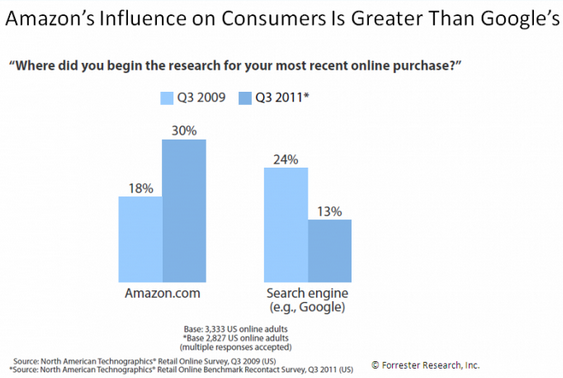
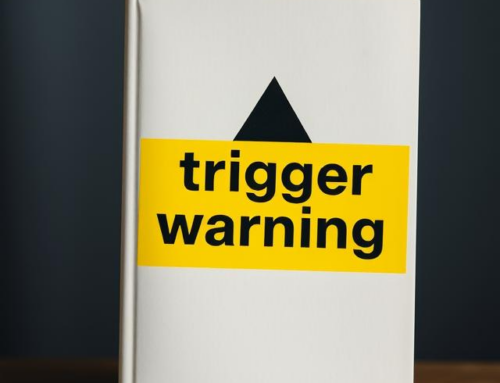

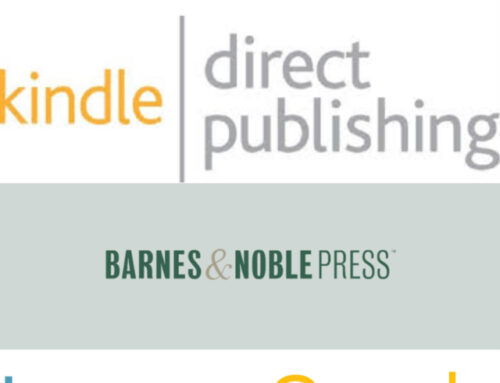
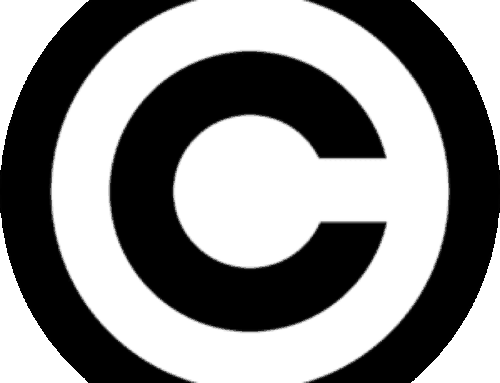



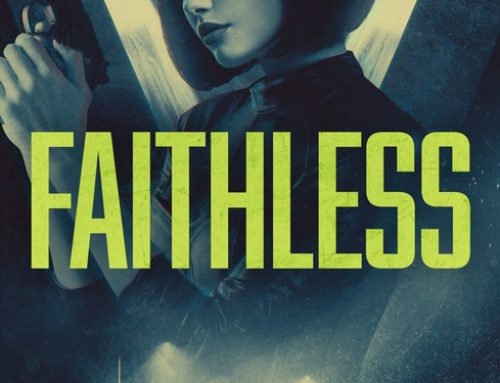
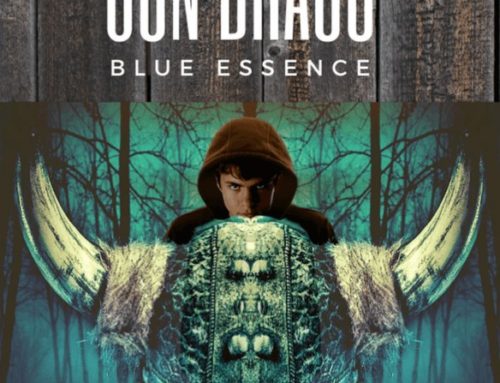

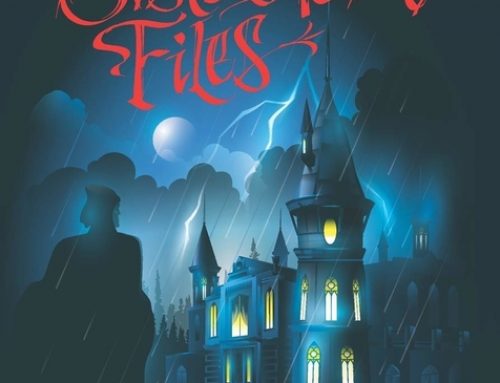



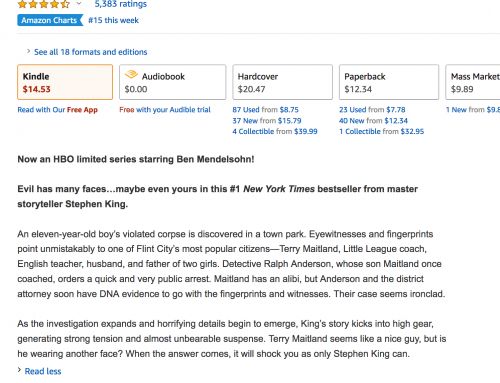
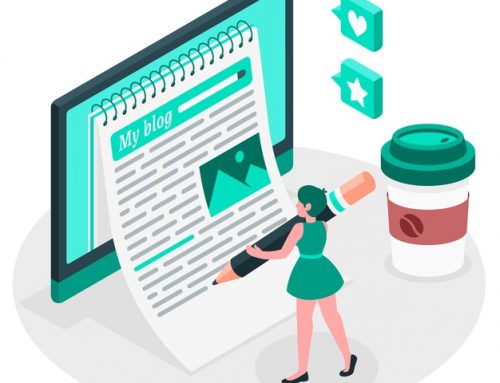

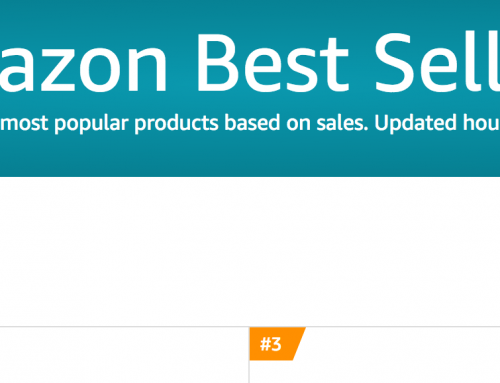
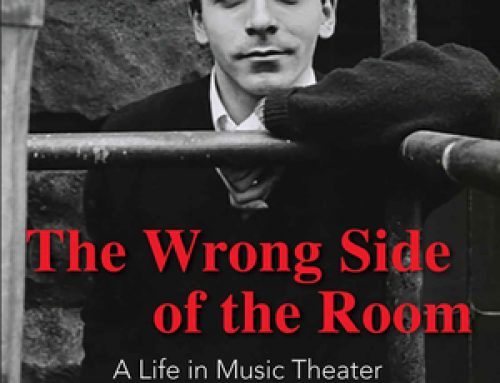

Good points, Catherine. Perhaps readers will begin to realize that reviews on Web sites, such as Amazon, are only a rough guide to the quality of the book. Stupid one-star reviews might not be totally damaging, though. I’m always suspicious of a book that has all five star reviews—could be only friends and family reviewing it. Any truly good book is going to have a few readers who didn’t like it or didn’t get it. And if a reviewer doesn’t tell me why they didn’t like it, I consider the review useless. Thanks for the excellent analysis.
I agree with you on stupid reviews. Which is why, as a consumer, I automatically ignore the “Ugh” or “What’s the point?” reviews. Those are not helpful. But if someone points out what I consider a real flaw, then yeah, one or two stars might be warranted and legit. And frankly, I’m suspicious of a book or product with a five-star average. Because reviews that say, “Wow!” or “Awesome book!” are equally unhelpful. Just what was so awesome?
And any site that insists a book have a five-star rating is, IMO, unrealistic. Just this morning I read that 33% of readers will hate your book, and a third will feel “meh.” That pretty much guarantees that a perfect five-star rating is impossible.
On a whim, I went to Amazon and found the following:
Pride & Prejudice: 4.5 stars
The Great Gatsby: 4.2 stars
For Whom the Bell Tolls: 4.3 stars
Romeo & Juliet: 4 stars
Now – is some free-Kindle site *honestly* going to expect an indie author to maintain a five-star average when four authors (considered elite by most people, even if you personally don’t care for them or one of their books) don’t have it? Is my book, which currently has a 4.6-star rating *reallY* better than Shakespeare?
Perhaps the other part of this problem is these advertising sites that force indie authors to beg/borrow/steal five-star reviews. Perhaps it’s time to adjust the expectations to something that more accurately models reality – and that reality is that no book is going to have five-star appeal to 100% of the reading population.
I received a 1 star review that I know has hurt my book sales. I am an author of Christian fiction and I’ve received several very good reviews on Amazon. Currently, I have published three novels. One of them is about a young widow who wants adventure back in her life and decides to learn to ride one of the motorcycles her husband left behind. On the cover, the subtitle states clearly, “A Christian Biker Love Story.” It’s not preachy but it contains no cursing or sex scenes–just romance and mystery. However, my one-star reviewer made a huge point of saying that they should have been warned it was a Christian book and that Amazon should do something about making sure the readers know when a book has a religious backdrop. I wrote to Amazon about the review because it was quite malicious also and they refused to remove it. So, even though the cover of the book stated it was a “Christian” story, this review that blasts the book for being Christian is allowed to remain. Yes, there are huge holes in Amazon’s review policy.